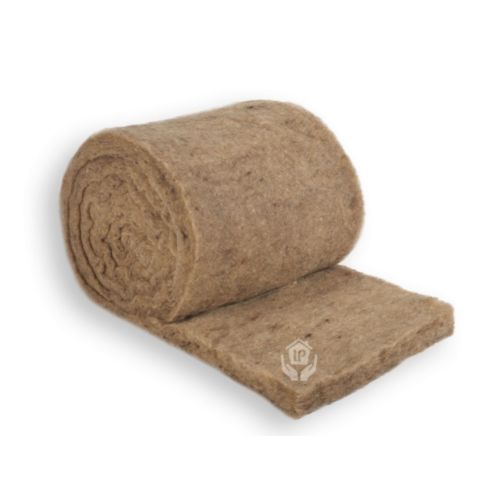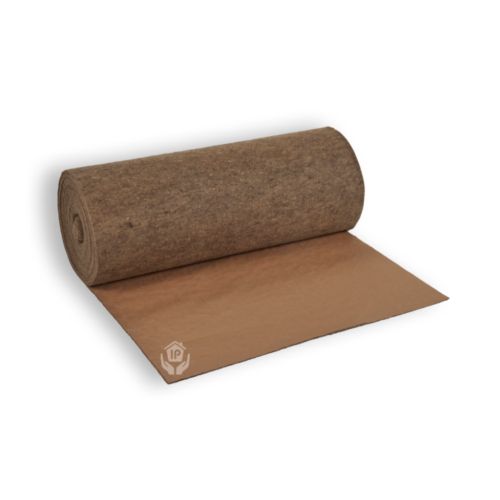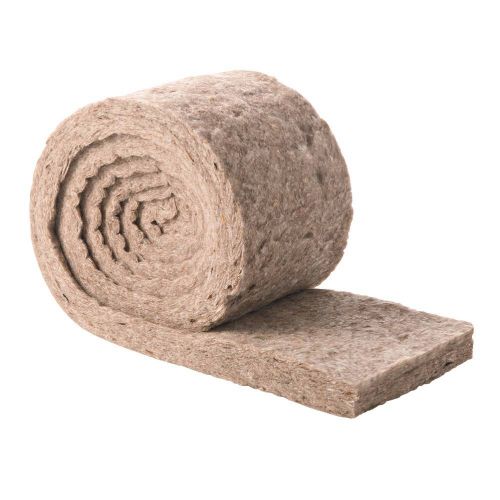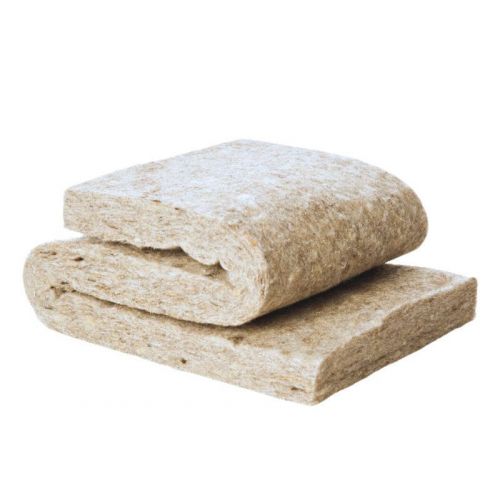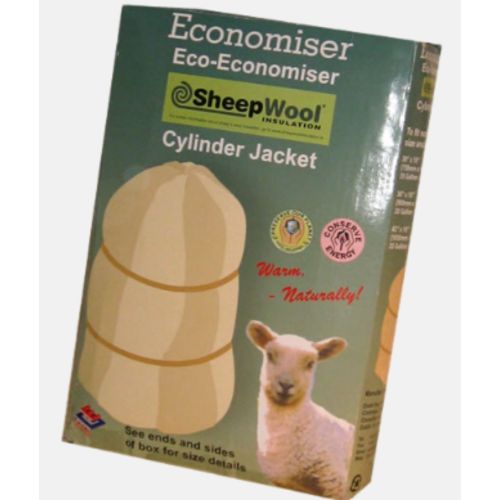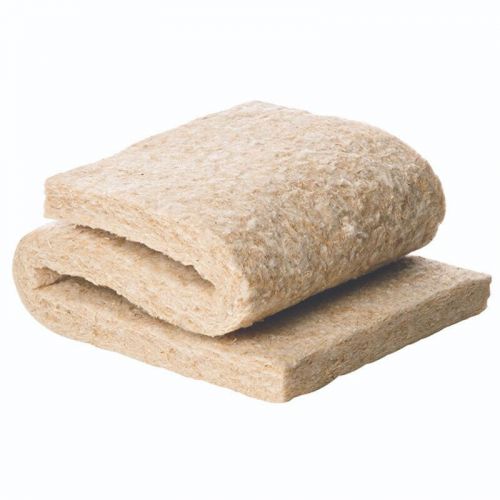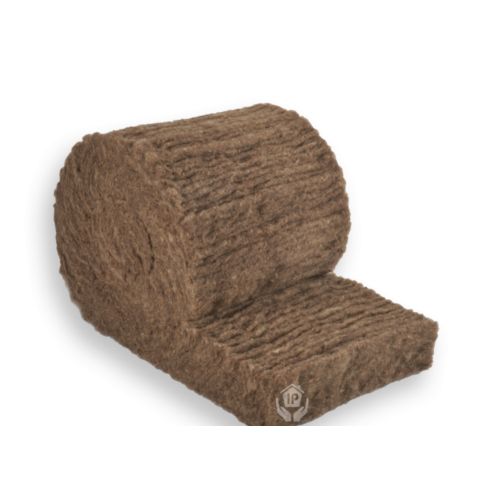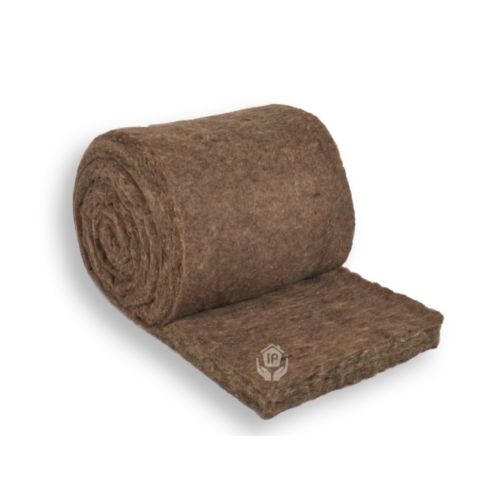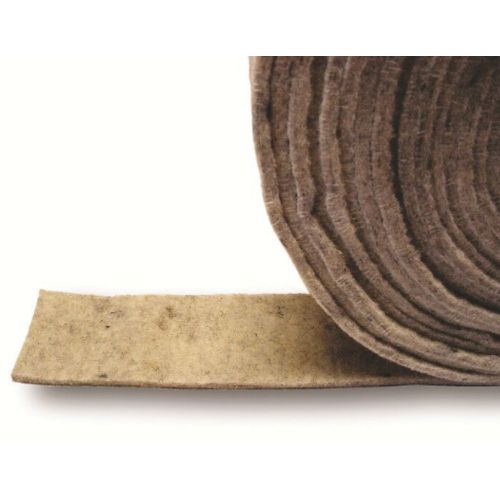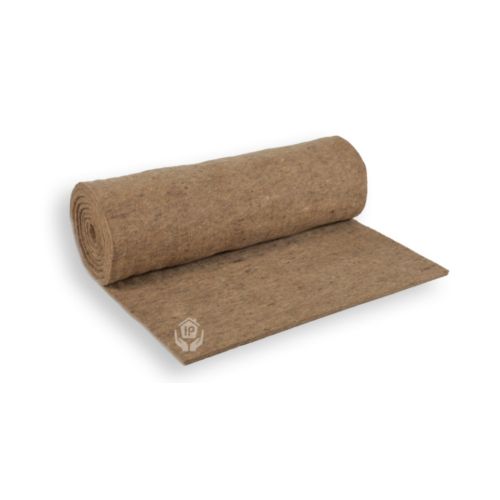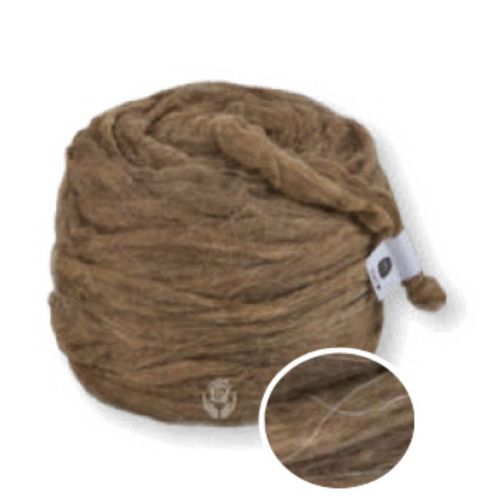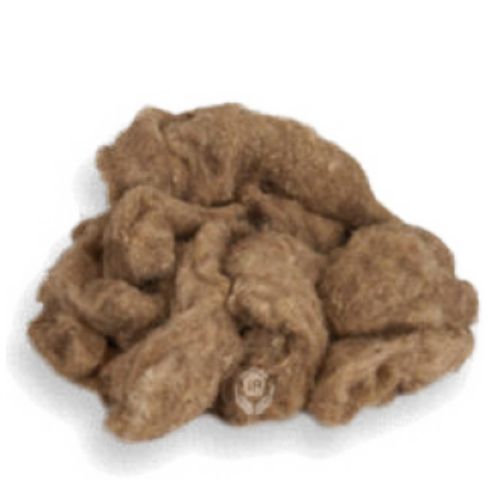Natural Insulation
Natural insulation is manufactured from eco-friendly materials such as sheep’s wool, as well as hemp, cork and wood. These more eco-friendly insulation materials are becoming increasingly popular in the UK, thanks to their many benefits. Natural in...
Related Categories
Frequently Asked Questions
Is It Safe and Easy to Install?
Natural insulation materials are much easier to work with than conventional materials, posing far fewer health-risks. For example, eco friendly insulation does not produce what are known as “man made mineral fibre particulates”, nor do they release pollutants that lower air quality such as formaldehyde. Not only are they far healthier during installation thanks to the fact that they present no danger to the skin, eyes or respiratory system, they’re also much healthier throughout their lifecycle too!
Off-cuts of natural insulation from the installation process are also safe and easy to dispose of, with no requirement for specialist waste streams and can even be composted to avoid unnecessary landfill. Simply contact with your local recycling centre to confirm where and how to dispose of any waste.
Is Eco Friendly Insulation More Sustainable?
If you’re looking for insulation that’s far better for the environment, then natural insulation is the perfect choice for you. Buildings and construction sites present some of the most resource intensive, toxic, wasteful and polluting areas of modern society. However, this needn’t be the case thanks to green options such as sheep wool or recycled plastic insulation.
Natural insulation is being integrated much more commonly into new build projects for its sustainability as well as other advantages over traditional synthetic options. Natural insulation materials are much more permeable and hygroscopic, meaning they absorb, redistribute and release moisture as humidity rises and falls to control internal moisture levels in the air.
What Sort of Roof Is Natural Insulation Good For?
Natural Insulation is highly versatile, able to be used for a range of requirements from lofts to walls and roofs. Their vapour-permeable qualities are particularly beneficial when your home or structure is vulnerable to moisture decay. Examples would include timber roofs, lightweight steel roofs, or older buildings made from traditional materials.
There are some cases where natural insulation cannot replace manmade materials however, as while natural materials wick moisture away effectively, if they get wet and cannot dry out they’re susceptible to rotting. So, we don’t recommend it for cavity walls between brick and block constructions.
